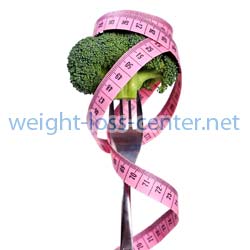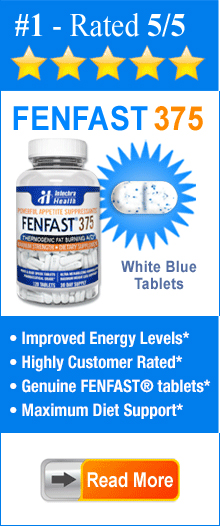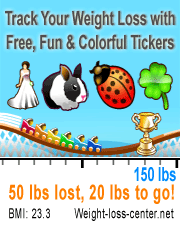B12 is a vitamin of many functions. It is a water-soluble vitamin, as most “B” vitamins are, which means that when the body receives excess amounts of this vitamin it simply flushes it out through the urine. Although there are some really excellent qualities to B12, such as playing a key role in the functioning of the nervous system and the brain as well as cellular formation, it has lately been used as a remedy for stress reduction and treating some symptoms of depression.

Including sources of Vitamin B12, such as broccoli, in your diet can help you to reduce your stress levels, increase your energy and lose more weight.
You’re probably wondering how one typical vitamin can have such an impact on the body as to help reduce the symptoms of stress. There are plenty of functions that B12 can perform which have a significant impact on the body’s reaction to stress. For instance, the brain is one particular organ that is dependent upon vitamin B12 for everyday function—as is the nervous system. As this particular vitamin is an essential contributor to the functioning of the brain and nervous system, a deficiency in this vitamin can result in a plethora of issues, such as trouble remembering things, difficult concentrating, mood alteration, and even mental disorders. Each of these symptoms can pile even more stress onto one’s plate!
It’s safe to say that in most cases, stress begins in the brain. It can start off with one worrying about finances, health, work issues, etc. The emotions that this worry elicits can have a profound impact on one’s physical health, particularly when it comes to energy levels. We have all reached the point where our stress limits have become breached and we just can’t seem to pull together the energy to do the things we once used to enjoy. Vitamin B12 is reported to boost energy levels by aiding the body’s metabolism in breaking down fats to create energy. When this occurs, energy levels rise. Along with stress, a lack of energy is also a symptom of depression. These conditions can be improved by taking regular supplements of vitamin B12 or by altering one’s diet to include foods that are high in B12.
Because supplementing one’s diet with B12 results in a rise in energy levels through heightening one’s metabolism, that makes B12 a great tool for weight loss as well. Additionally, because vitamin B12 helps to lower stress levels this may also help to increase weight loss (for more information about how stress affects weight loss read the post “How Stress Affects Weight Loss“).
I’m sure you will be glad to know that there are tons of great foods that are chock full of B12, so it wouldn’t be difficult to add more of them into your diet. Meat, including fish and eggs, have the highest B12 content. Legumes, such as peas, lentils, dried beans, and soy beans, as well as whole wheat breads and cereals can also provide a good dose of B12. If you like your fruits and veggies, then you’ll also want to stock up on spinach, beets, asparagus, broccoli, Brussels sprouts, oranges, and bananas.
Although a significant increase in energy may not be immediate through regular dietary consumption, some people receive vitamin B12 injections to treat severe energy loss and depression. The injection contains a very concentrated amount of B12—about six months’ worth of B12 in one go. This provides the recipient with a huge boost in both metabolism and energy, which often results in rapid weight loss. It’s important to understand that these injections are not intended to cause weight loss, but rather it does occur as a side effect of the injection.
Stress, depression, and energy loss are all conditions for which vitamin B12 is a prime candidate for treatment. By treating these conditions with vitamin B12 you may also improve your weight loss efforts. Although the results of increased B12 consumption may not be instantaneous, there are definite long-term benefits to be reaped from this vitamin. Speak to your doctor about taking a B-complex vitamin or to see if you are a candidate for B12 injections.
Other Related Posts and Articles you May Find Interesting: “Stress Reducing Diet Foods”, “Weight Loss Foods that Improve Your Mood” and “Link Between Vitamin D and Weight Loss”.





Don’t forget that some people aren’t able to absorb vitamin b12 very well in tablet form. For these people either sublingual b12 or vitamin b12 patches are a great alternative.